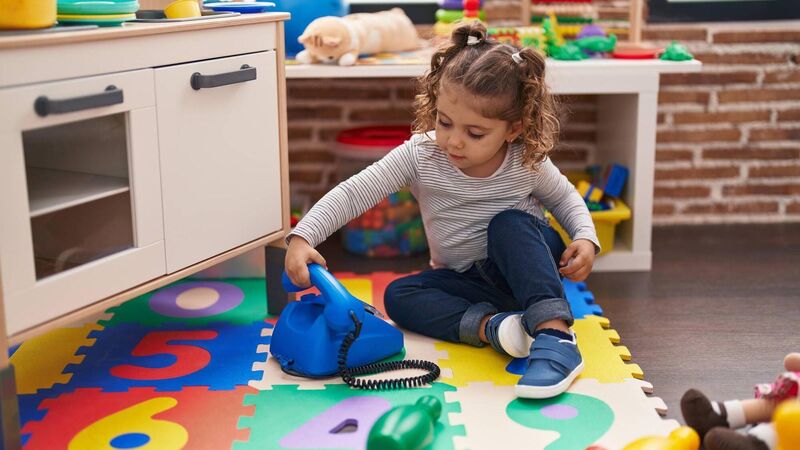Joanna Fortune: My four-year-old doesn't want to share her toys

Children often need gentle coaching around developing social skills, and sharing isn’t as straightforward as is often thought, but she is still very young, and you have a school year to prepare her for primary school.










